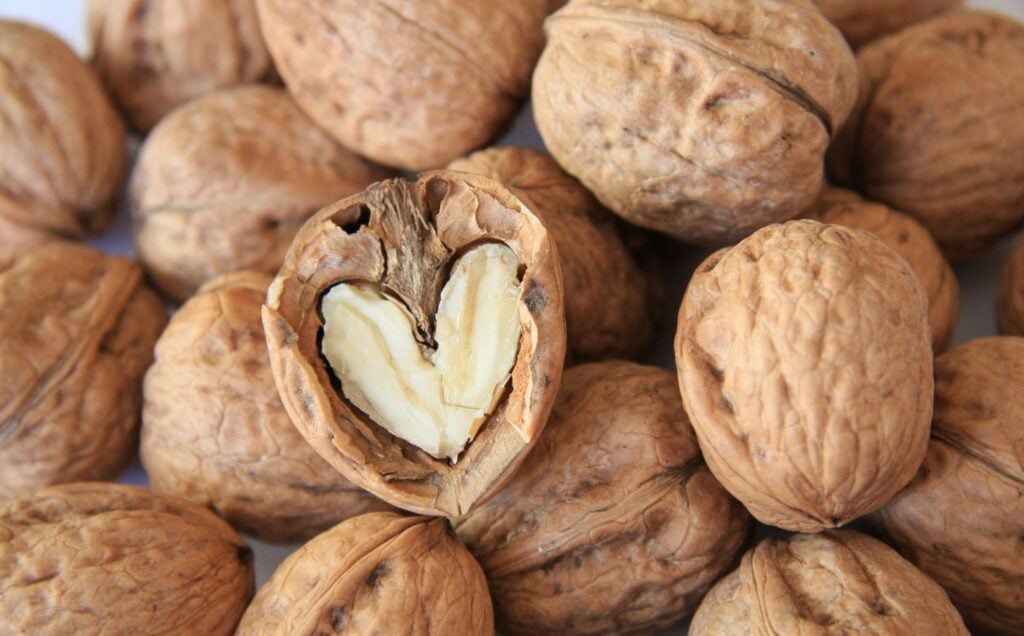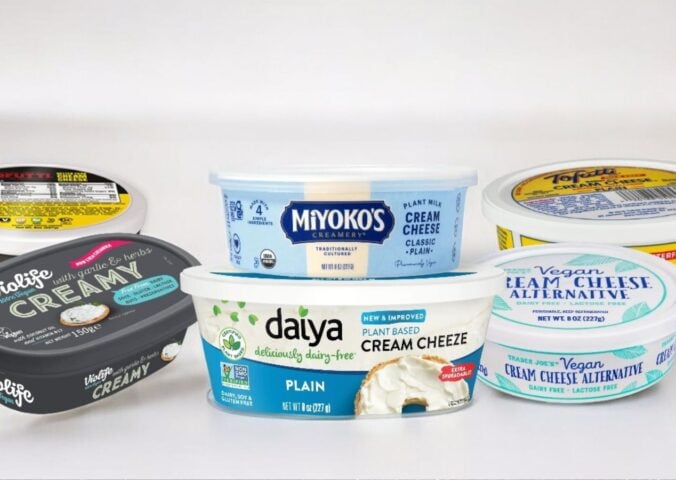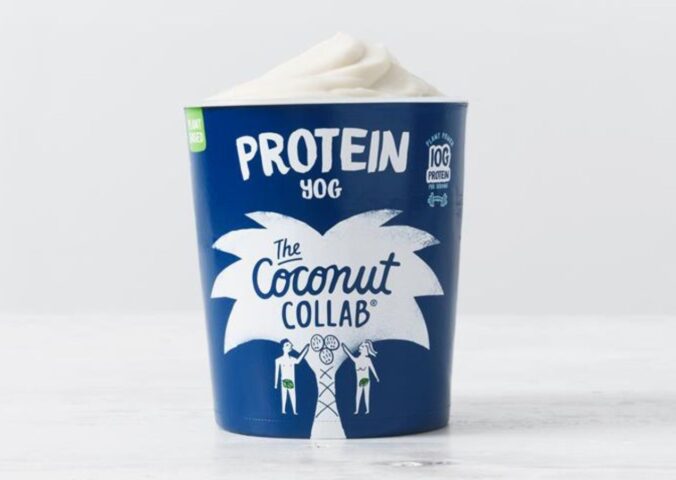Omega-3 fatty acids are essential for optimal health, and people should be mindful about getting sufficient amounts.
Some experts advise regular consumption of oily fish for omega-3 fatty acids. However, many people choose to avoid eating fish for animal welfare, health, and environmental reasons. The good news is this doesn’t mean becoming deficient in omega-3 and risking adverse health effects. Planning out food choices and vegan supplements can help those eating plant-based obtain enough omega-3 and omega-6.
What are essential fatty acids?
Essential fatty acids are polyunsaturated fatty acids that the body can’t synthesize but are crucial for good health. They include linoleic acid (LA), an omega-6 fatty acid, and alpha-linolenic acid (ALA), an omega-3 fatty acid.
Both omega-3 and omega-6 are vital for optimal health. However, a wealth of research specifically highlights the health benefits of omega-3 fatty acids eicosapentaenoic acid (EPA) and docosahexaenoic acid (DHA).
Why is omega-3 important?
Omega-3 fatty acids support the structure of cell membranes, are used for energy, and are anti-inflammatory. They have wide-ranging functions in the body’s immune, cardiovascular, pulmonary, and hormonal systems. Levels of DHA, in particular, are especially high in the retina, brain, and sperm.
Researchers have focused omega-3 in relation to many chronic diseases and conditions. Most studies have assessed omega-3 from fish oils or supplements rather than plant-based ALA. Evidence suggests that omega-3 may be beneficial for the following conditions:
- cardiovascular disease
- dementia and cognitive function
- infant health and development
- age-related macular degeneration
Other conditions scientists have investigated concerning omega-3 include depression, inflammatory bowel disease, and ADHD. However, research is not conclusive enough for experts to routinely recommend using omega-3 supplements for these specific health reasons.
Do vegans get enough omega-3?
ALA is present in plant oils and foods such as flaxseed, rapeseed (canola), and walnuts.
The body can convert ALA into other omega-3 fatty acids, including EPA and DHA. However, this process, which happens in the liver, is very limited, with reported conversion rates of less than 15 percent.
DHA and EPA are present in oily fish. The fish synthesize these omega-3s by consuming phytoplankton that have consumed microalgae. This is why some health professionals recommend eating oily fish – for a ready-made source of EPA and DHA.

Studies indicate that vegans have higher levels of ALA than people who eat meat, but the EPA and DHA levels of vegans may be lower. However, using microalgae supplements and considering the ratio of foods you consume that contain ALA and LA can help avoid deficiency.
How to get enough omega-3
Planning a plant-based diet that is conscious of essential fatty acid intake and taking a supplement can help ensure adequate EPA and DHA.
It’s important to note that omega-6 fatty acids and ALA are also essential for good health, so the aim is not to exclude these fats in favor of EPA and DHA but to ensure all the essential fatty acids are present. Research indicates that the ratios of omega-6 to omega-3 are a key health factor.
Studies suggest that because omega-3 and omega-6 compete for the enzymes involved in their metabolism, consuming too many sources of omega-6 may reduce the amount of omega-3 that the body processes. This could predispose people to pro-inflammatory immune responses and obesity.
Therefore reducing food sources of omega-6 and increasing omega-3 foods may help to improve the balance.
The ideal ratio is widely considered to be 4:1. The typical Western diet has an omega-6/3 ratio of approximately 20:1, in favor of omega-6. One main contributing factor to the high omega-6 ratio is refined seed oils found in processed foods or and some cooking oils.
Vegetable oils high in omega-6
Look out for high amounts of these oils in processed foods, and avoid relying on them for cooking:
- corn oil
- sunflower
- safflower
- cottonseed
- soybean oils
Vegan foods high in omega-3
In contrast, people can increase their intake of omega-3 by including the following foods and oils:
- flaxseed and its oil
- rapeseed
- chia seeds
- walnuts
- pecans
- seaweed
- edamame
- hempseed and oil
- kidney beans
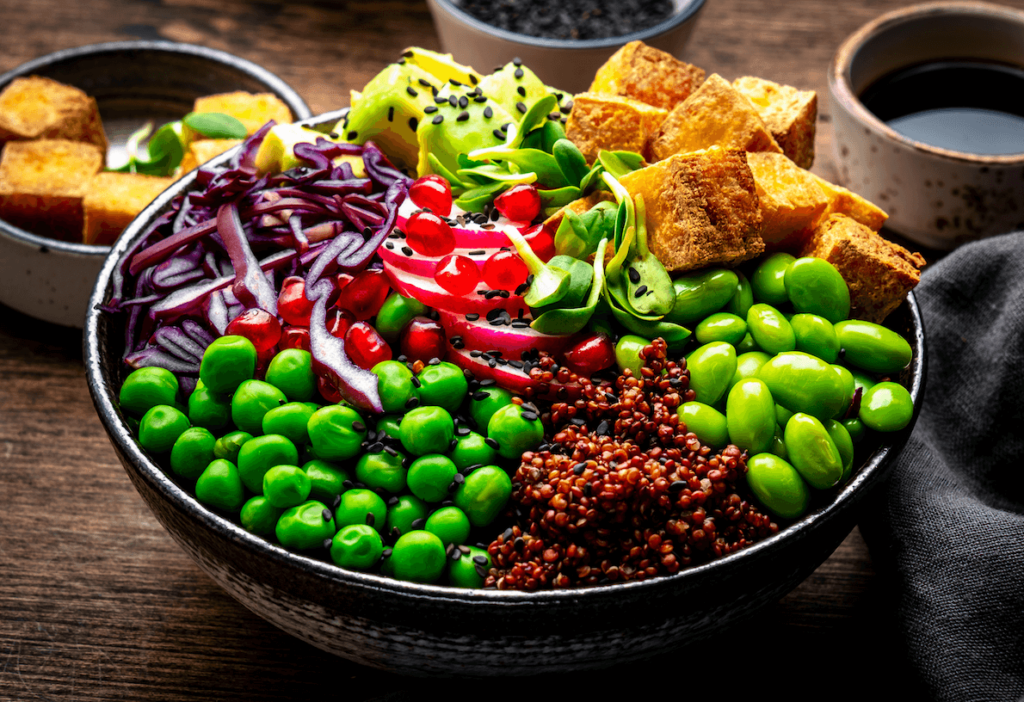
Additionally, they can choose fats high in monounsaturated oils, such as:
- olive oil
- macadamia nut oil
- hazelnut oil
- avocado oil
Taking a supplement
Taking a plant-based supplement can provide sufficient amounts of EPA and DHA.
The Vegan Society notes that omega-3 supplements may be particularly important for infants and people who are chestfeeding or pregnant due to the role of omega-3 in brain health. However, they add that more research is needed into how supplementation affects the health of vegans.
People should speak to a qualified health practitioner for advice about supplements for children or when pregnant or chestfeeding, especially if the supplement contains vitamin A which may be harmful in larger doses. Additionally, individuals taking blood thinning medications should speak to their doctor before using omega-3 supplements.
Vegan omega-3 supplements are made from microalgae, sparing the lives of fish and other animals. Several companies sell vegan omega-3 supplements, and products are also available which contain omega-6 and omega-9. Reputable supplement companies can give advice or contact a qualified nutrition professional for help.
Omega-3 meal ideas
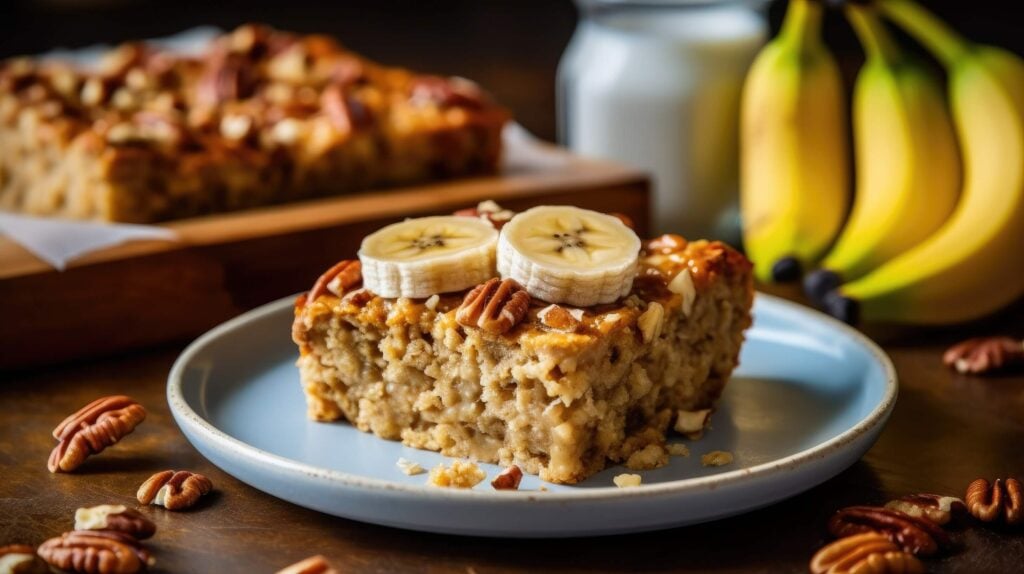
The following meal ideas can help those on a plant-based diet ensure an adequate intake of omega-3 fatty acids.
- Breakfast chia pots — simply soak chia seeds in plant-based milk overnight and top with fresh berries in the morning.
- Oatmeal with flax seed — add ground flaxseed to breakfast oatmeal or other breakfast cereal.
- Walnut and maple granola — mix rolled oats, chopped walnuts, and almonds with maple syrup and coconut oil and roast on a low heat in the oven until golden brown. When cool, add some raisins or other dried fruit and eat for breakfast with plant-based yoghut or milk.
- Walnut “parmesan”— blitz together nutritional yeast and walnuts in a blender or mini food processor and store in the fridge for a parmesan-type topping for pasta or vegetables
- Hemp salad — add hemp hearts (the middle of hemp seeds without the shells) and a hemp oil dressing made from cold-pressed hemp oil and lemon juice to a mixed vegetable salad.
- Walnut “meat”— blitz walnuts and raw mushrooms in a food processor to make a vegan mince alternative which can be flavored with different herbs and spices to make burrito or taco fillings, chili, nachos, lasagne, or bolognese sauce.
Summary
Vegans and those adhering to a plant-based diet can optimize their omega-3 intake by consuming food sources of ALA such as flax, hemp, and chia. Avoiding too many sources of omega-6, such as sunflower and refined vegetable oils in processed foods, can help support a good omega-6 to 3 ratio and prevent the essential fats from competing with each other when metabolizing in the body.
Additionally, people can consider taking a plant-based omega-3 supplement that contains EPA and DHA from microalgal sources. Vegan omega-3 supplements avoid harm to fish and are more environmentally friendly than fish oil supplements.
People who are pregnant, chestfeeding, or taking medications must speak to a qualified health professional before taking supplements or for advice about optimizing their omega-3 intake.
—
